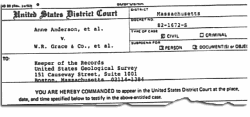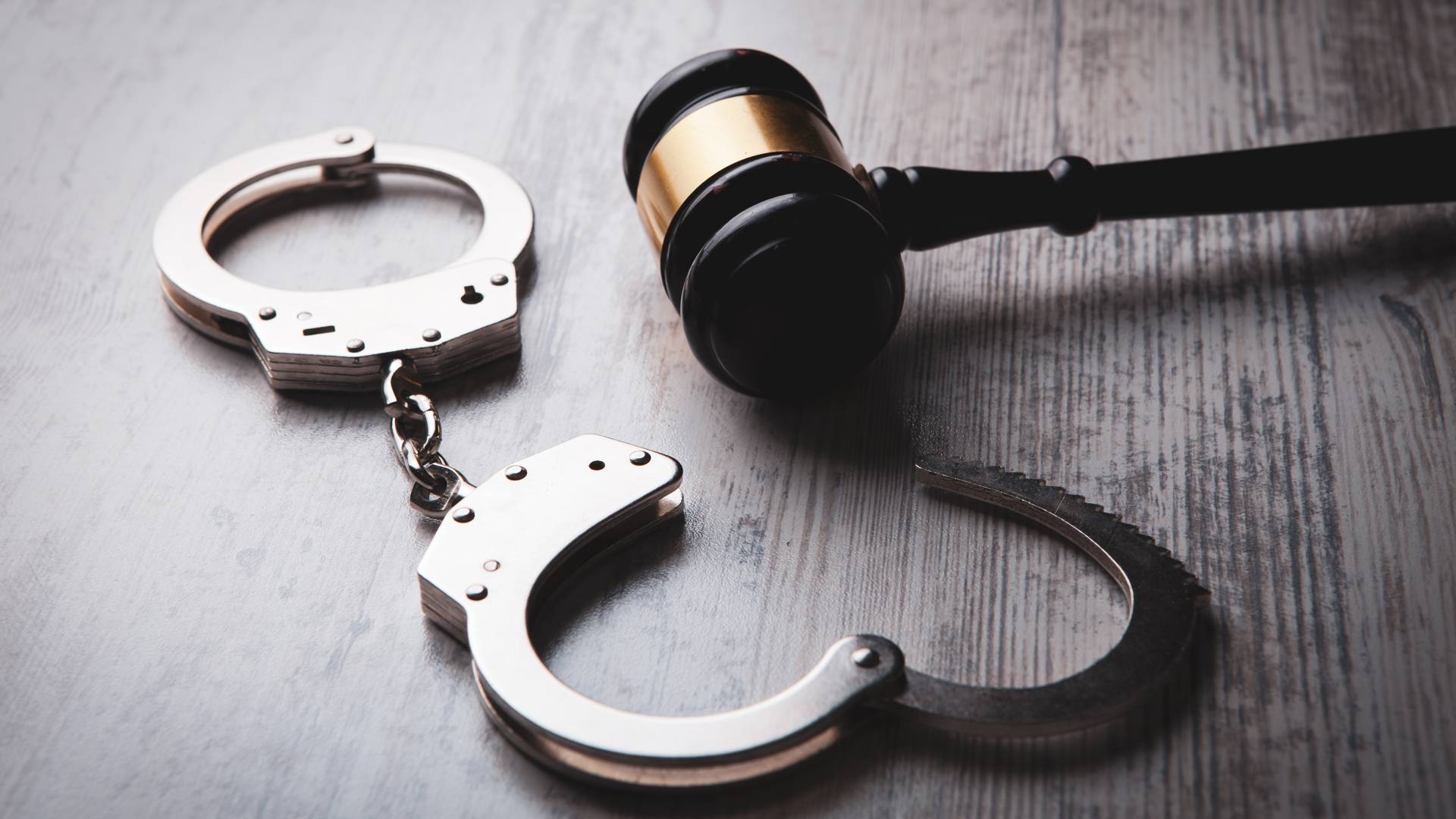 A Subpoena is a court order. By definition it is a writ issued by a court of justice requiring a person to appear before the court at a specified time. Any person who receives a Subpoena must go to court on the date
A Subpoena is a court order. By definition it is a writ issued by a court of justice requiring a person to appear before the court at a specified time. Any person who receives a Subpoena must go to court on the date
and time shown on the subpoena. Here is some information for witnesses subpoenaed in criminal cases.
INFORMATION FOR WITNESSES IN CRIMINAL CASES
The law requires that all victims and witnesses be treated with dignity, respect, courtesy and sensitivity. Victim and Witness rights are to be honored and protected.
What should I do if I receive a Subpoena? A Subpoena is a court order. Any person who receives a Subpoena must go to court on the date and time shown on the subpoena. Please call the witness coordinator at the number listed on the front of the subpoena. You may ask to be placed “on call” which means that you do not have to appear in court on the date and time on the subpoena but that you agree to appear in court within a specific amount of time of being called. Failure to appear could result in a warrant for the subpoenaed person’s arrest.
What should I know before I go to Court? Leave your home early enough to allow enough time for travel, traffic, parking, the court security screening and elevators.
Everyone entering a courthouse must go through the court security screening. The following are items that are not allowed in courthouses: Guns, knives, glass containers (such as juice bottles), metal utensils, scissors, nail clippers, metal knitting needles, weapons, or any other sharp objects.
What should I wear? Business casual clothing is suggested. Do not wear shorts, tank tops, clothing that shows your stomach, beachwear, sandals, or clothing with inappropriate words or signs. Do not wear any buttons or carry any signs having to do with the case without having discussed it first with the prosecutor.
Attending Court: To make sure that nothing you do has a negative impact on the case:
- Never attempt to talk to or communicate with anyone who has a “Juror” badge on.
- Do not talk about the case within hearing distance of a jury member.
- Turn off cell phones or any other electronic device while in the courtroom.
- Leave drinks, food, and gum outside the courtroom.
- Smoking is not permitted in any courthouse.
- Never attempt to talk to or communicate with the defendant.
- Wait until the jury exits before leaving the courtroom.
What should I do if I have safety concerns? Intimidating or harassing a witness or victim is a crime. If you have any safety concerns before court contact your local law enforcement. If you have concerns about your safety while in court, notify the Sheriff’s Department in the courthouse or the bailiff in the courtroom.
Being interviewed and giving statements: Anyone contacting you about the case should identify themselves to you. Be truthful whenever speaking to anyone about the case. Victims have a right to refuse talk to the defendant, his attorney or anyone acting on his behalf and to set reasonable limits on any conversation you have with them.
It is best not to discuss the facts of the case with any other witnesses, including friends and family members.
Testifying in Court: Every witness must take an oath to tell the truth. When any witness testifies, both sides will ask the witness questions. The following are guidelines for testifying in court:
- Be truthful. Do not exaggerate your testimony.
- If you do not understand a question, ask that it be repeated or explained.
- Do not volunteer information.
- Do not guess.
- If attorney objects to a question asked by another attorney, wait until the judge tells you whether to answer the question.
- Try to avoid distracting mannerisms such as yawning, nail biting, laughing, or facial expressions like eye rolling, etc.
- Never answer a question when you are angry. It may diminish the impact of your testimony.
Attorneys may ask you about prior statements you made to police, statements by other witnesses, records they have obtained, reports in the media, any emails or texts you may have written, or information on Facebook or other social media sources.
Discrimination by an Employer: It is against the law for an employer to fire or harass an employee who takes time off from work to go to court because of a subpoena.
Victim Compensation Program: Victims of crimes of violence may be eligible to receive compensation for their crime related losses. Victim Service Representatives with the Victim-Witness Assistance Program can explain this program more fully and assist you in applying for this program if you are eligible. The toll free number for the Victim-Witness Assistance Program is (805) 749-5670.
Civil Litigation: Anyone who has had monetary or property loss has the right to file a civil suit to attempt to recover those losses, regardless of whether a criminal case was filed or the outcome of the criminal case. In a civil case one person sues another and the state is not involved. Prosecutors can not give legal advice to witnesses on filing a civil lawsuit, nor can they represent you. If you are considering filing a civil lawsuit, you should contact a civil attorney as soon as possible.
This article is not intended to provide legal advice. For legal advice on any of the information in this post, please contact one of our attorneys. Browse our attorney profiles or contact us by phone: (805) 749-5670.
We are using cookies to give you the best experience on our website.
You can find out more about which cookies we are using or switch them off in settings.
This website uses cookies so that we can provide you with the best user experience possible. Cookie information is stored in your browser and performs functions such as recognising you when you return to our website and helping our team to understand which sections of the website you find most interesting and useful.

